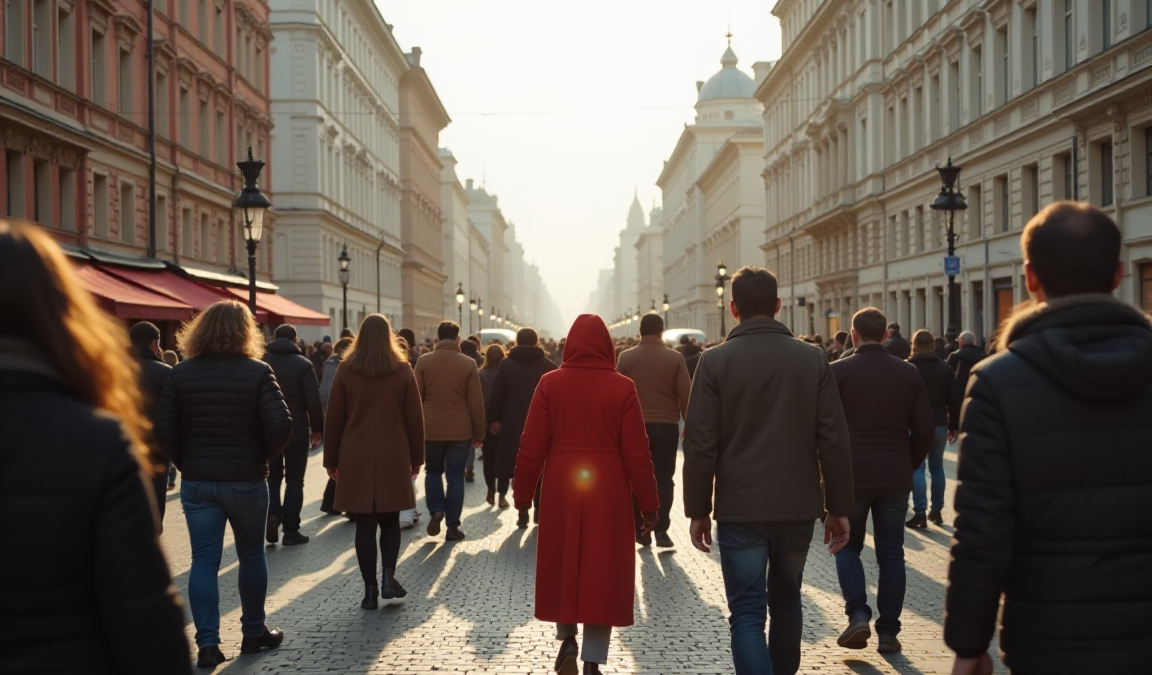Russia’s central bank lowered interest rates for the first time in nearly three years on Friday, as inflation shows signs of easing and the country’s wartime economy struggles under the burden of high borrowing costs.
The Bank of Russia cut its benchmark interest rate by a full percentage point to 20%, responding to mounting pressure from government ministers and businesses to stimulate growth.
While the rate remains historically high, the move marks a significant policy shift after months of holding rates steady at 21%.
“Current inflationary pressures, including underlying ones, continue to decline,” the central bank said in a statement announcing the decision.
“The impact of tight monetary conditions on demand is becoming increasingly evident in decreasing inflationary pressures.”
Signs of inflation relief
Governor Elvira Nabiullina, set to hold a press briefing later on Friday, has spent months battling inflation that climbed to more than double the bank’s 4% target.
However, recent data suggests price growth is slowing.
Consumer price inflation on a seasonally adjusted annualized basis dropped to 6.2% in April, from 7.0% in March, according to the central bank’s estimates.
Analysts at Renaissance Capital said May’s readings may have aligned with the 4% goal.
The Economy Ministry projects annual inflation has eased to 9.7%, potentially falling below the Bank of Russia’s earlier forecast of 10.1% for the end of June.
Despite this improvement, policymakers remain wary.
Inflation expectations among consumers and businesses have ticked up for two straight months, reaching 13.4% in May.
A stronger ruble has helped contain prices, but the central bank has flagged concerns that the currency’s strength could be temporary, especially given ongoing geopolitical risks and trade tensions.
Businesses falter, defense industry thrives
The rate cut comes as many parts of Russia’s economy remain under strain.
The government has increased military spending to support President Vladimir Putin’s invasion of Ukraine, but this has led to an increasingly lopsided economy.
Growth is now largely limited to defense-linked sectors, while much of the rest of the industrial base is contracting.
“There remains only a narrow group of leading industries with high growth rates — all are related to government orders and defense,” said Sofya Donets, chief economist at T-Investments, in a Bloomberg report.
“It’s difficult to find other sectors that are in the black,” she said.
According to a May 28 report, the financial condition of Russia’s 78 largest companies has worsened significantly, with 13 now flagged as financially distressed, double the figure from earlier.
The number of profitable firms has declined across most sectors, raising concerns about potential bankruptcies.
Economy Minister Maxim Reshetnikov, who had publicly called for a rate cut ahead of Friday’s decision, said the real economy is beginning to suffer more broadly.
“Ever more parts of the economy’s real sector are experiencing falling output,” he told state-run news agency Tass.
Next steps hinge on inflation outlook
The Bank of Russia has signaled it will remain cautious as it evaluates further steps. Its next policy meeting is scheduled for July 25.
“Further decisions on the key rate will be made depending on the speed and sustainability of the decline in inflation and inflation expectations,” the bank said.
The post Russia cuts interest rates for first time since 2022 as inflation eases appeared first on Invezz


